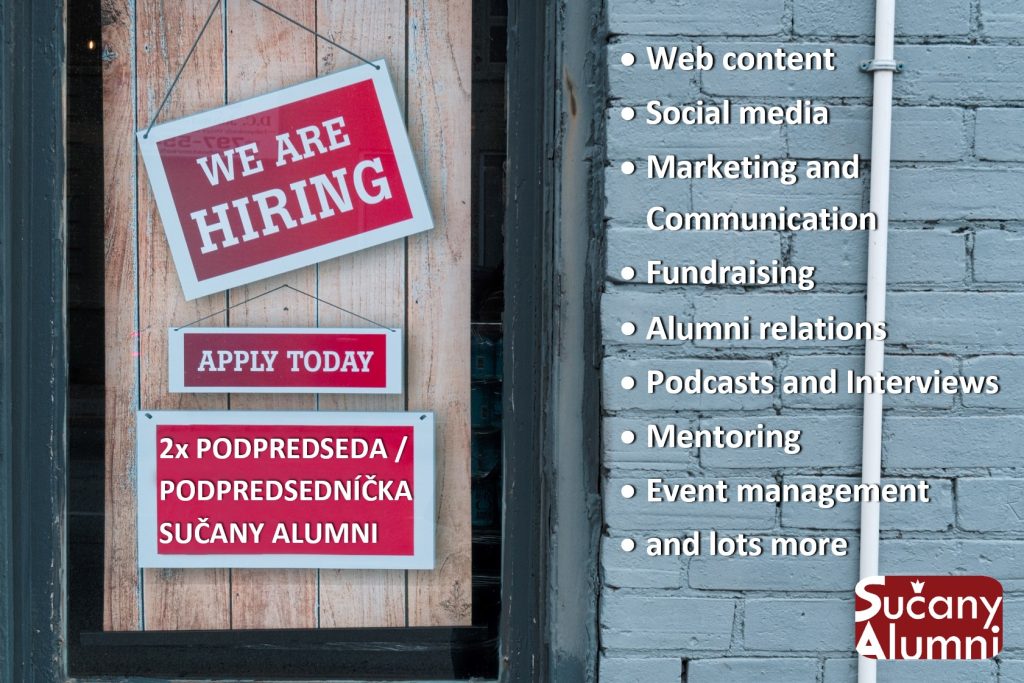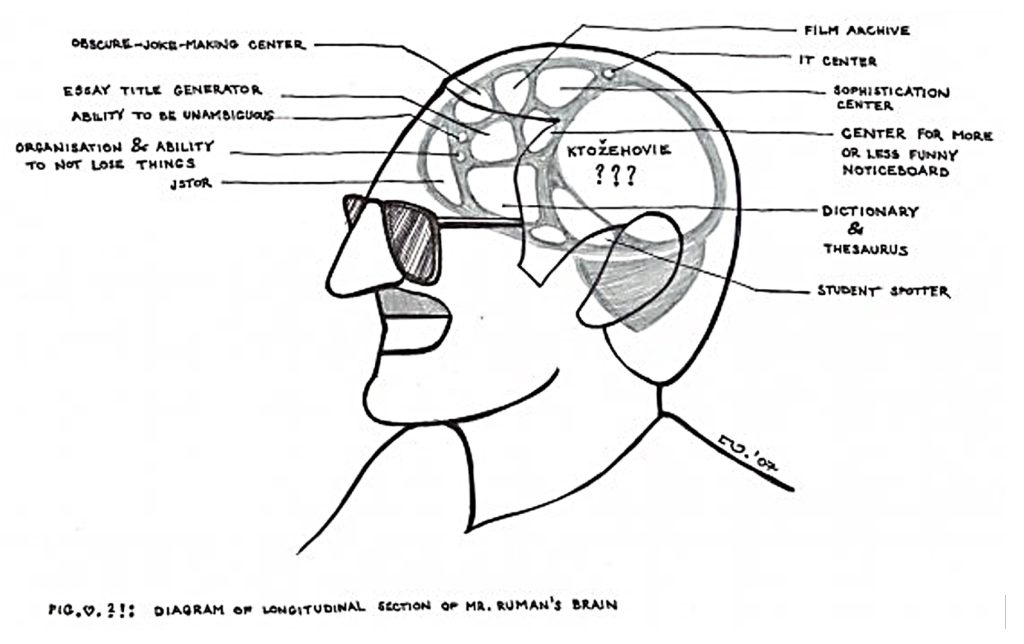Some of our former teachers have already sent us their memories of GBAS. There have been rumours about you joining them. Why did it take so long?
When I was contacted, my first reaction was “I cannot do it”. It was partly because I had just discovered that my humble abode suddenly urgently required the attention of various teams of handymen, some of whom would have to be able to ignore man’s natural fear of heights, and others, who would have nowhere to fall, as they would already be toiling on all fours, I mean, toiling and tiling. Now, while teachers, media experts and national football team coaches are thick on the ground, the aforesaid handymen aren’t, and organising two such teams to materialise out of thin air wants more skill, patience and good luck than the above-mentioned teachers, media experts and football national team coaches can muster.
More importantly, however, I know am not a good interviewee. I realise I ought to be grateful for the last chance to apologise/justify/explain myself, but I thought I’d pass. I mean, I’d be asked all the standard questions, but I am unable to give standard answers. It would either be platitudes, or too silly, or much too revealing.
I was convinced that my writing most certainly could not be printed next to serious people’s answers to serious questions. It would be a disgrace to any communication channel one might use it for.
I also felt that the essence of what an interview really is, is hidden in the American pronunciation of the word, (dropping the „t“). It might end up being more revealing than necessary. So, my first reaction was: I am not sure you want an „innerview,“ bearing in mind how disappointing the outer view was.
Butthen I told myself that the current cohort of students is not interested in anything I might have to say, and the few alumni who had the misfortune of knowing me would not expect standard answers anyway… In my „*lessons“(*for want of a better word) and from my verbose printed outpourings on the notice board they learned about me everything they never wanted to know and hoped no-one would ask.
So much for “why it took so long”. Now, the first set of handymen have been and gone, so here are my answers to some of your questions…
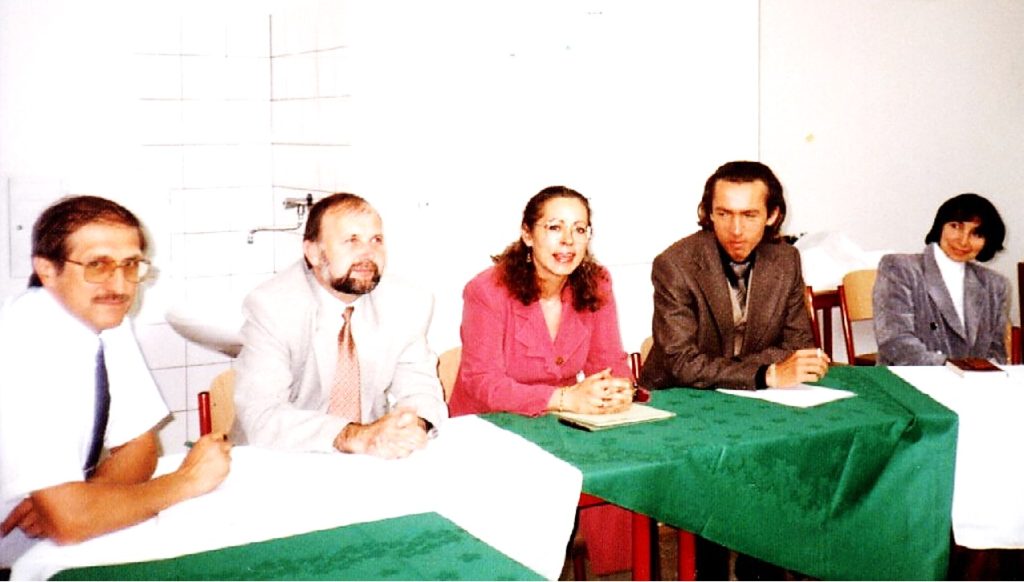
How long did you work at GBAS?
I came to Sucany in January 1998 and my full-time contract ended in 2016. After that, I only came to GBAS as a sort of self-appointed “language plumber”, for the infamous Zero lesson (between 7 and 8) doing the only thing anyone was willing to pay me for – namely bossing young people around, telling them what to do and finding fault with everything they did as soon as they did it. Students come for Reading Comprehension, Use of English, as well as CAE and IELTS coaching. I kept turning up every day in the Systematically Avoided Centre (I was like the Goth in “The IT Crowd”). Surprisingly, students did turn up as well. They were kind enough to accept my advice (no-one argues with old people, unless they are your own grandparents…) and it was a nice way of keeping in touch.
This went on until the autumn of 2019 when a bugger of a bug decided it was time to teach the mammals a nasty lesson and sent us scurrying into the safety and boredom of our living rooms.
How did you survive the COVID-19 pandemic in terms of mental and physical health? Do you have any recommendations to students and former colleagues?
When Pandemic struck, my zero lessons ended March 13, 2020 (it was a Friday, what else…) At least I managed to hold one last-ever round of the English League on March 12…
Then I waited for the pandemic to temporarily subside so I could have the upper end of my right femur replaced with something more durable – the cremationist will be surprised – and two months after the surgery I was out on clay court, engaging in long, low-quality, non-competitive rallies (sometimes the ball coming from my side of the net would – in flight!! – be overtaken, inspected, and rejected as an object of little interest by a confused specimen of Cabbage White of the Lepidoptera family) … and then lockdown closed sports grounds for months on end and Netflix tried (and failed) to replace tennis.
Then I had my three Pfizer jabs and afterwards I was kept busy doing some work around the house (my hedge had decided to squeeze me out of what – at least on the cadastral maps – is still defined as my garden, (although the vegetation could, and, for all I know, does provide a safe hideout for a brace of full-grown rhinos) so, whenever the weather permitted I was fighting it (the hedge) with all sorts of cutting and trimming appliances, as well as a chain saw, then feeding the branches into a chipper, repeatedly blowing the fuses … And, weather permitting, I would knock a few tennis balls about with a lot of vigour and much less skill.
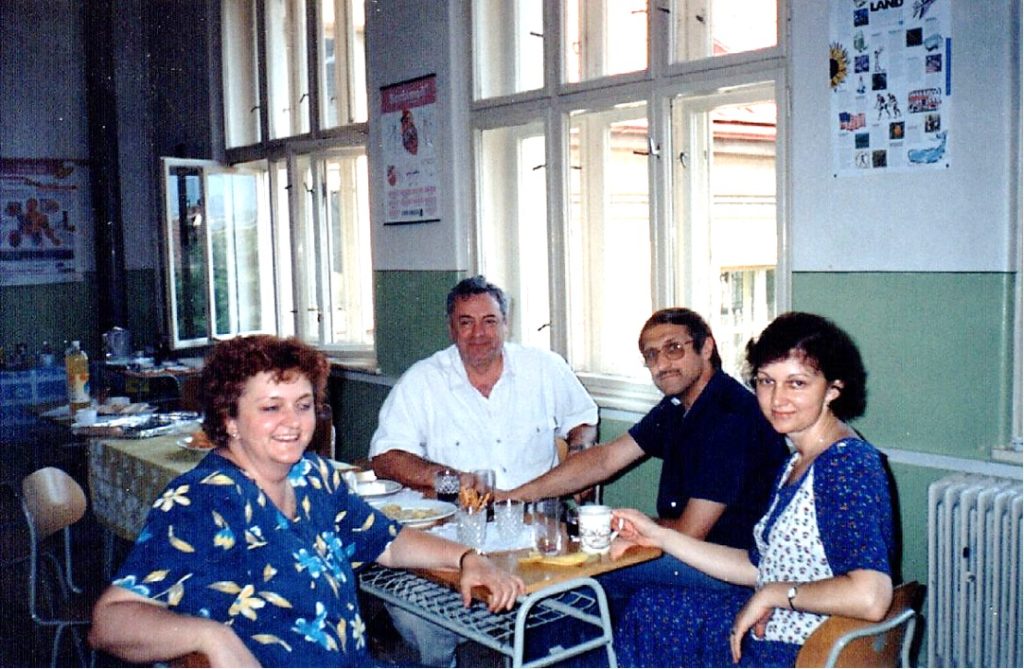
How would you describe yourself as a teacher and your teaching style?
Not much of a teacher, I wanted to be a fairly confident user of the language and that was what I wanted my students to achieve as well. I wanted to show them how to improve and I wanted them to use the language in everyday situations. I often came to the classroom with the wrong group book and invariably without a pen, but always with the aim that my subject should not be ignored. Unfortunately, with most of my students it meant making sure I was not ignored, so, to make them listen, think, and respond, I had to make our interaction personal. And lo and behold, the students greatly improved in the art of fighting back and defending their dignity and integrity when accused of something they could not possibly have done. Most people found it very annoying and took ages learning how to put up with it. Like I told my students:
Come to the zero lessons. You need to see a lot of me to get used to me. I could show you a Year Five student who spent most of Year One saving up to buy a bucketful of rat poison. She then spent Year Two thinking up ways to make me eat the poison (although by that time I had stopped teaching her). It took her all of Year Four to stop hating me, although she’s not “not hating” me enough to start attending my lessons, but she will flash me a sheepish smile when we meet on the corridor, me to on my way to the classroom to mark her absent, and she on her way out to enjoy life.
To this day, I remember the SAC, 4th floor a.k.a the English-speaking area, English League mornings with you and, of course, your special posters which took us some time and a dictionary to decipher. They were written in the “Ruman code”. Where did all these great ideas come from?
The posters were a reaction to whatever happened/failed to happen in the classroom and at the same time a way of showing that there are subtle ways of saying something indirectly, and inviting the reader to cooperate in deciphering the meaning (and, of course, develop their word power). I wanted the readers to appreciate the richness of the English language and while most people found them pointless, wordy, pretentious, and unnecessarily long, some people did not, and I feel vindicated when some of my ex-victims write to me in this kind of style.
As for how and why these reactions came about, I am sorry, they were far too spontaneous for me to control.
Here is an example: One of the most hilarious moments in my memories is the situation when, after the school had introduced separate bins (actually, buckets) for bio-waste, one such bucket disappeared from one of the classrooms, and a student asked me if I knew where the bucket was, to which my reaction was: “Some reputation I have here. A bucket of pigswill (“pomyje” for the urban, urbane, polished folk…) goes missing, and look, who’s the prime suspect…” I laughed, but the world did not laugh with me (so much for traditional wisdom).
And this is how it was all the time. Against better judgment, whenever I saw a chance to say something unexpected (and definitely something nobody wanted to hear), I heard a tiny voice in my head saying, pleading, shouting, screaming, and beating its ineffectual little fists against the inside of my skull, going: “No, no, NO, no-one wants to hear that, stop it, NO, NO, NOOO!!!”
While this was going on inside, outside I already heard myself sharing the stupidity with those present.
Like I told my students, “We had a few laughs together, only I did the laughing and you had to be there and watch”.
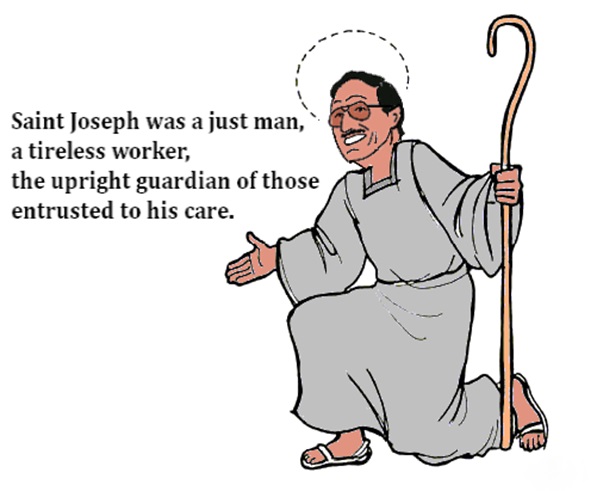
What are your most precious memories?
The highlights of my teaching days were when a student who had thought I was unfairly strict and demanding, eventually saw some value in my approach and told me so. I remember a certain Emily who confessed, on leaving the school, that for the best part of four years she had been convinced I was stark raving mad, and only in year 5, when freedom beckoned, did she start to have second thoughts about it.
Is there still any benefit to “old school” paper dictionaries compared to the electronic / Internet ones easily accessible via smart phones?
Of course, talking as a dinosaur whose 90’s steam mobile phone proudly boasts all of 2 extra functions (mainly because, in my vanity, I want to be smarter than my phone) and who hates reading from tiny screens, I personally wouldn’t use a smartphone. Of course, online dictionaries are a great help, but the difference between a printed page and the screen is that looking at a page you immediately see how long the entry is, and the meaning you are looking for may not be the first/second in line, and a less-than-pedantic student might fail to scroll down far enough (if scroll down is the word for it, remember, as regards IT, I am little more than Homo Habilis, which means I am quite handy using the flint and the hand-held axe, but my PC is practically powered by sparks generated by moving a piece of fox fur over an ebonite rod).
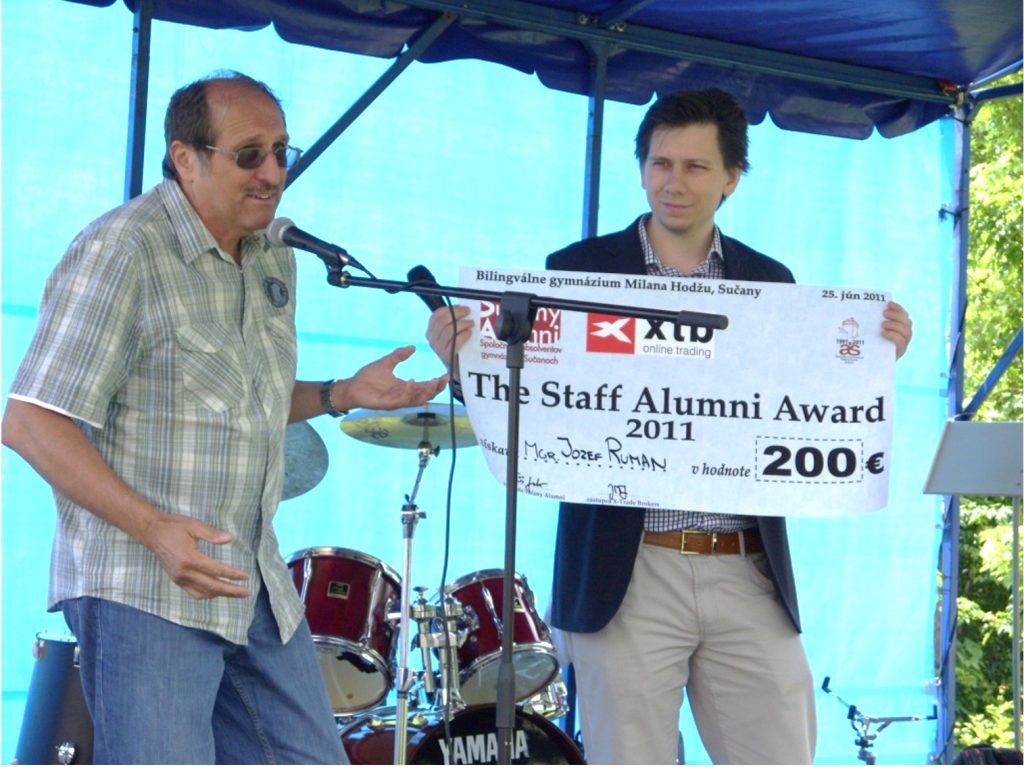
Would you like to add anything else or send a “message in a bottle” to the GBAS community?
I had the time of my life at GBAS. I am deeply grateful for the chance to work, alongside dedicated members of staff, with highly talented young people and I am happy to see that some of my former students keep in touch and when they do, they show sheer brilliance in the use of the language we learned together.
What I have always admired was how there was a spirit of togetherness and mutual respect among the GBAS students of all ages and alumni. Lockdowns and distance teaching have disrupted the school’s rituals and traditions, but they should not kill the spirit of GBAS. Please make sure you keep it alive, so that every school year another bunch of bright young people can see themselves as proud GBAScals (© DomBWW). All the best to GBAS Sucany and GBAS diaspora worldwide and a big thank you to Alumni for keeping the spirit alive.

@Mgr. Jozef Ruman (Mr Ruman) came to Sučany in January 1998 to teach English and his full-time contract ended in 2016. Among other commitments, he was the Head of the English Department. He continued with his zero lessons and offered help with Reading Comprehension, Use of English, as well as CAE and IELTS coaching. Students could find him daily in the SAC (Self-Access Centre). His zero lessons ended in March 2020 due to the COVID-19 pandemic. He is the recipient of the 2011 Sučany Alumni Staff Award. His beloved students created and run a Facebook fan page for him – The Mr (Sa)Rooman Appreciation Society.
____________________________________________________________________________
If you would like to read more interviews like this one or you would like to take an active part in Sučany Alumni and our GBAS community, please let us know: sucany.alumni@gmail.com Vice-chair positions are still vacant – more information here. Membership and other ways how to support us – info here.
